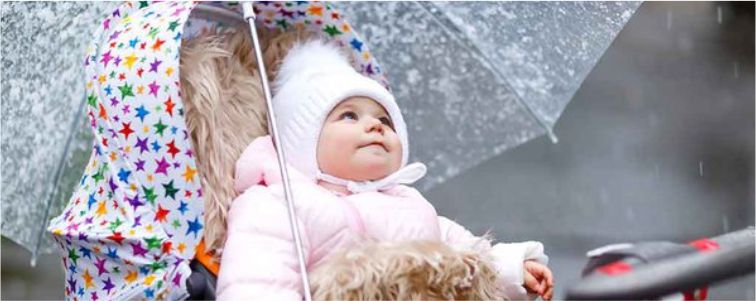The monsoon season has finally brought relief from the scorching heat but it also poses unique challenges, especially for newborns. If you’re a new parent, it’s time to get extra cautious with your baby. Here are some essential monsoon healthcare precautionary tips for newborns to ensure they have a healthy start in life while enjoying the cool, monsoon breeze.
1. Maintain hygiene
- Regularly clean and sterilise baby's feeding bottles, pacifiers and toys to prevent bacterial growth.
- Wash your hands thoroughly before handling the baby to minimise the risk of infections.
- Keep the baby's surroundings clean and dry to avoid fungal and bacterial growth.
- Try not to use diapers and nappies in the monsoon, to avoid rashes. Wet diapers are a common breeding ground for fungal infections too.
- Keep some baby wipes handy all the time to clean your baby frequently. Wipe the moisture-trapping areas like ears, armpits and genitals frequently.
2. Protect against mosquitoes
- Use mosquito nets or screens to cover windows and cribs to prevent mosquito bites.
- Dress your baby in light-coloured, long-sleeved clothing to reduce exposure to mosquitoes.
- Apply a baby-safe mosquito repellent lotion or cream on exposed skin.
3. Ensure proper ventilation
- Maintain good air circulation in the baby's room by using fans or air conditioning, as excessive humidity can lead to discomfort and skin rashes.
- Avoid overcrowding the room with furniture to allow for better air circulation.
4. Prevent waterborne diseases
- Use boiled or filtered water for drinking, preparing formula and bathing the baby.
- Avoid taking the baby outside during heavy rainfall to minimise the risk of waterborne infections.
- For newborns, dry the umbilical stump carefully after every bath to prevent infections.



